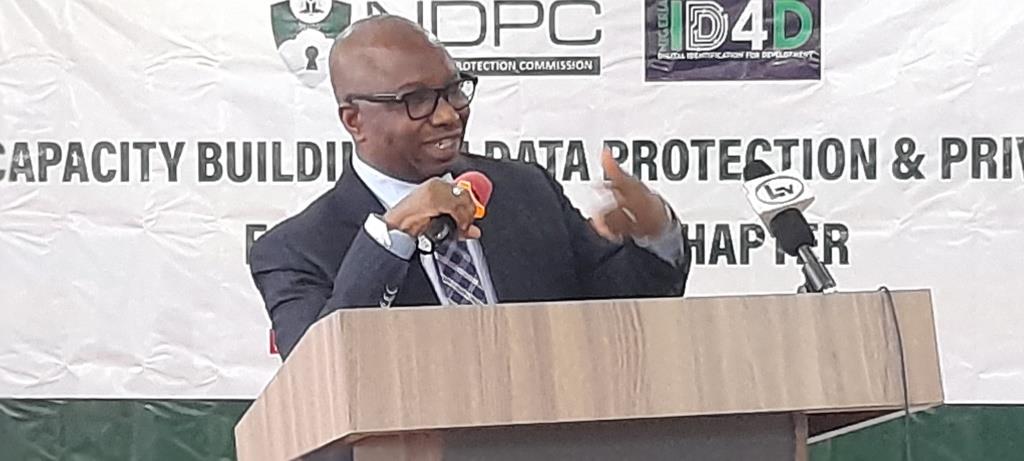Contrary to the claims by the federal government through the Debt Management Office (DMO) that rising debt profile is within sustainable limits, newly released Global Economic Prospects (GEP) report has identified three negative factors capable of making Nigeria’s debt unmanageable.
The report averred that the rise in government’s debt, exchange rate depreciation, and increased recourse to non-concessional borrowing for infrastructure development can lead to unsustainable debt servicing costs.
It said “However, for most countries in the region, the interest-to-revenue ratio remains sustainable, helped by the high share of concessional borrowing. A notable exception is Nigeria, where the Federal Government’s interest-to-revenue ratio rose from 33 per cent in 2015 to 59 per cent in 2016.
“As monetary policies in advanced economies continue to normalise, and global interest rates increase, proactive public debt management will be needed to manage rollover risks in the region.”
The bank for the first time this year agreed that “The economic recession in Nigeria is receding. In the first quarter of 2017, the GDP fell by 0.5 per cent (year-on-year), compared with a 1.7 per cent contraction in the fourth quarter of 2016.”
Just like the Central Bank of Nigeria (CBN) said last week, the World Bank report also agreed that the Purchasing Managers’ Index for manufacturers returned to expansionary territory in April, indicating growth in the sector after contraction in the first quarter.
The report added further that “Several factors are preventing a more vigorous recovery. In Angola and Nigeria, foreign exchange controls are distorting the foreign exchange market, thereby constraining activity in the non-oil sector”.
Whereas the report noted that capital inflows in the sub-Sahara African region were rebounding from their low level in 2016, Nigeria tapped the Eurobond market twice in the first quarter of 2017, followed by Senegal in May.
“Regional inflation is gradually decelerating from its high level in 2016. Although a process of disinflation has started in Angola and Nigeria, inflation in both countries remains elevated, owing to a highly depreciated parallel market exchange rate,” the World Bank said.
Principal revelation of the report noted that the regional outlook is subject to significant external risks, to which Nigeria is exposed, stressing that “A sharp increase in global interest rates could discourage sovereign bond issuance, which has become a key financing strategy for governments in recent years, as they have increasingly looked to global markets for the funds to finance domestic investment.
“On the domestic front, in countries where significant fiscal adjustments are needed, failure to implement appropriate policies could weaken macroeconomic stability and slow the recovery. This risk is particularly significant for Angola, CEMAC (Central African Economic and Monetary Community) countries, Mozambique and Nigeria,” World Bank noted.









